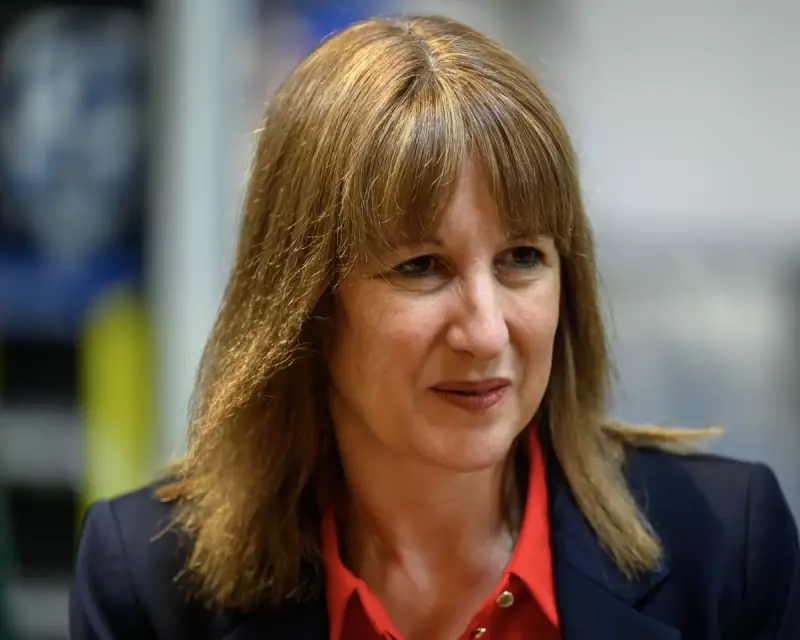
Chancellor Rachel Reeves has dropped the clearest signal yet that Britain's highest earners will face increased tax burdens in her upcoming autumn budget, declaring that asking more from those with "the broadest shoulders" forms a crucial part of the government's fiscal strategy.
In a significant pre-budget announcement that will send ripples through financial circles, Reeves emphasised that her November statement would prioritise "economic stability over quick fixes," directly addressing speculation about potential tax hikes for the wealthy.
Wealthy in the crosshairs
The Chancellor confirmed that while spending cuts aren't her preferred approach, asking more from top earners represents only "part of the story" for rebalancing the nation's finances. Her comments suggest a multi-pronged strategy that may include both revenue increases and careful expenditure management.
Reeves pointedly noted that the government must be "honest" with the public about the challenging economic landscape inherited from the previous administration, describing the fiscal situation as more severe than anticipated.
November budget takes shape
With the budget now formally scheduled for November, speculation is mounting about which specific tax measures might target higher-income individuals and wealthier households. Financial experts are closely watching for potential changes to:
- Capital gains tax rates and allowances
- Inheritance tax thresholds
- Pension tax relief for additional-rate taxpayers
- Wealth or property taxes
The Chancellor's language carefully balanced the need for fiscal responsibility with Labour's commitment to economic growth, suggesting any tax increases would be designed to avoid stifling business investment or economic recovery.
Political battleground emerges
Reeves' announcement sets the stage for a major political confrontation with Conservative opponents, who have already criticised the approach as potentially damaging to economic incentives and investment.
However, the Chancellor remains steadfast, arguing that a fair tax system where those with greatest means contribute appropriately is essential for funding public services and maintaining economic stability in challenging times.
As November approaches, all eyes will be on the Treasury to see exactly how the Chancellor plans to translate these principles into concrete fiscal policy that satisfies both her party's base and financial markets.





